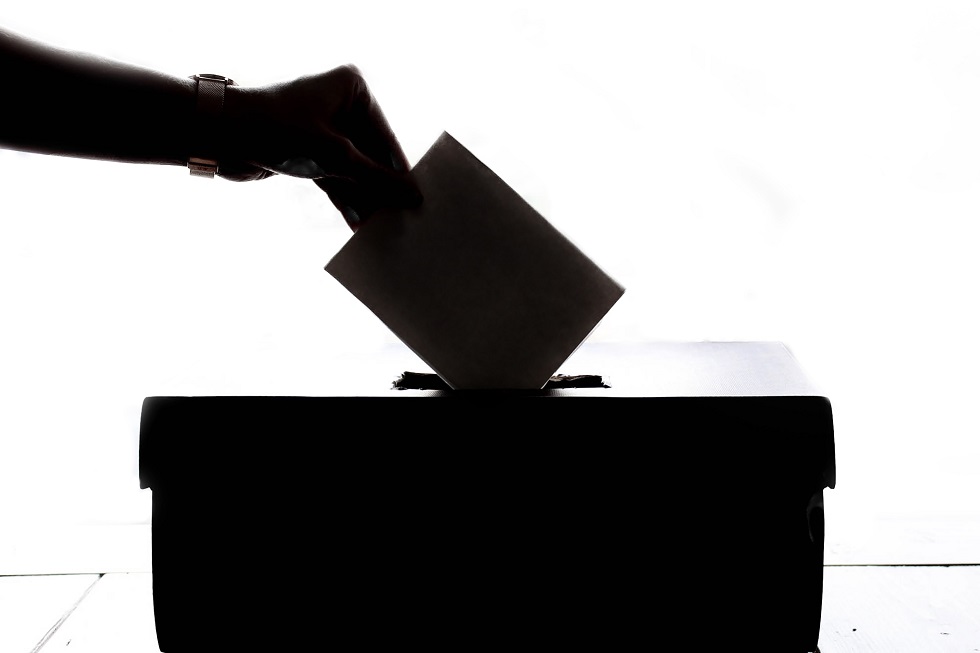The State Election Commission (DIP) Calls For Observing Electoral Silence As of Midnight, Saturday
ZAGREB, 13 May, 2021 - The State Election Commission (DIP) on Thursday called on all participants in the 16 May local election, physical and legal persons as well as media outlets, to observe electoral silence that starts at midnight on Saturday and ends on Sunday at 7 pm, when polling stations will be closed.
Violations of the electioneering ban are reported to municipal, town and county electoral commissions and the City of Zagreb Election Commission and they are subject to fines ranging from HRK 3,000 for physical persons to HRK 500,000 for legal persons, including political parties.
Candidates who violate the electioneering ban may be fined HRK 10,000 to 30,000.
For more about politics in Croatia, follow TCN's dedicated page.
DIP Says Has Received Few Complaints About Electioneering Ban Violation
ZAGREB, July 4, 2020 - Electoral silence, which is in force in Croatia on Saturday and Sunday, has been violated fewer times than at previous elections, Hina has learned from the State Electoral Commission (DIP).
Citizens have been complaining mostly about text messages and posts on social networks, seeking protection of personal data, and wondering how some election participants got their addresses to send them election-related mail, DIP deputy chair Vesna Fabijancic-Krizanic said.
Depending on the character of those complaints, DIP forwards them to the HAKOM regulatory authority for network industries or the Personal Data Protection Agency (AZOP).
We cannot say that the number of complaints is large, there have been much fewer complaints compared to previous elections, Fabijancic-Krizanic said.
Violations of the electioneering ban do not carry any penalties, but DIP has called for ethical behavior on the part of election participants and the media.
Croatia Presidential Election Silence: Live Updates Sunday as Polls Close
As of 12:00am Saturday January 4, 2020; the two-day electoral silence is in effect for Croatia. It will end at 7:00pm CET on Sunday, after polling stations close, and TCN will be providing live election updates.
Approximately 3,860,000 second-round voters will decide whether current Croatian President Kolinda Grabar-Kitarović (HDZ) or former Prime Minister President Zoran Milanović (SDP) will head the country for the next five years.
Widespread Electoral Silence Imposed by Croatia SEC
The so-called electoral silence is imposed by the SEC (State Electoral Commission) before any election campaign in Croatia, according to Index on January 3, 2020. On Saturday, the day before an election, and Sunday, election day; the publication of estimates, results and previous unofficial election results are prohibited. This ban also applies to photos, statements and interviews from the two presidential candidates.
The State Election Commission (SEC) urged candidates, their nominees, voters, the media and media publishers to respect the silence.
No Penalties for Violating Electoral Silence
"I urge participants and voters to respect the principles of the electoral silence. I also ask that candidates discontinue promoting themselves or their programs," cautioned SEC Vice President Vesna Fabijančić-Križanić.
“Whether or not the electoral silence is a desirable practice is debatable, but this is the law and it must be respected. We urge everyone abide by the law, even though there aren’t any penalties imposed for violating it," the SEC vice president emphasized.
The SEC reminds the campaigns not to post new posters or leaflets for the two candidates, call citizens, or send them SMS messages or e-mails asking them to vote in this second round of presidential elections.
Social Network and Media Included in Electoral Silence
Social networks are included in the electoral silence as well. Therefore, media and media publishers are expected to remove everything from their program content which represents electoral advertising: including official advertisements, links, image links-ads (banners) which lead to candidates' campaign websites.
At midnight, the deadline for Grabar-Kitarović and Milanović to collect donations also expired. According to reports, the HDZ candidate, received 2.3 million HRK (308,700 EUR) from donors as of December 27, 2019 while the SDP candidate collected 813,000 HRK (109,000 EUR).

Element5 Digital | Unsplash
Polling Stations Will Open in 47 Countries
Elections for the Croatian president continued to a second round or runoff, because none of the 11 candidates received the required majority in the first election, which was held on Sunday December 22, 2019. The candidate who receives the highest number of votes in this round will win the election.
In addition to Croatia, presidential elections will be held in 47 other countries, with the first polling stations opening in Australia as early as Saturday night, Croatian time (CET).
Live Election Updates on TCN Starting 7:00pm CET
Follow our Politics page for live updates for the upcoming presidential election in Croatia, which takes place tomorrow Sunday January 5, 2020. We will be providing by-the-minute exit poll results and final election results after the polls close at 7:00pm Central European Time (CET).


